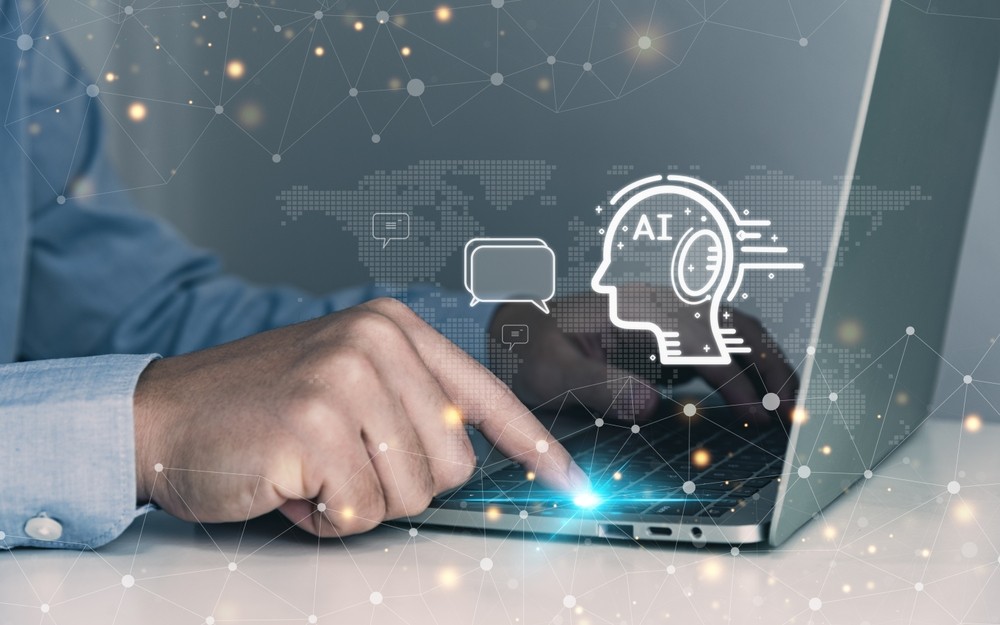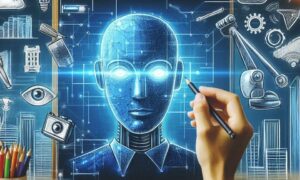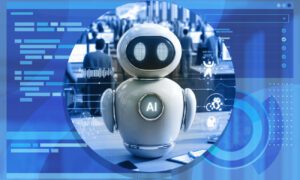The rise of AI agents has fundamentally altered the tech industry, marking a shift toward more efficient and intelligent systems capable of performing complex tasks with unprecedented speed and accuracy. These innovative systems, designed to simulate human decision-making and problem-solving, have evolved from basic automated tools into sophisticated AI-powered assistants that handle various functions. Examining the evolution of AI agents is crucial to understanding not only their capabilities but also the challenges and opportunities they present within the tech industry.
Early Stages: Rule-Based Systems and Automation
In their early stages, AI agents were primarily rule-based systems. These systems were designed to perform repetitive tasks and automate specific processes by following predefined instructions. Their primary advantage was their ability to perform mundane tasks without the need for human intervention, making them an ideal solution for routine automation. However, they lacked the flexibility to adapt to new situations, as they could only respond to pre-determined inputs.
For example, early customer service bots followed simple scripts that answered customer inquiries based on keyword recognition. While this provided a basic level of support, these systems often struggled with more nuanced queries and could not respond to complex or changing circumstances. Despite these limitations, the foundational technology set the stage for more advanced AI agents, paving the way for later breakthroughs in artificial intelligence.
Advancements in Machine Learning and Natural Language Processing
The fundamental shift in AI agents came with the advent of machine learning (ML) and natural language processing (NLP) technologies. These developments allowed AI agents to move beyond simple rule-based decision-making. Through machine learning, AI agents began to analyze vast amounts of data, identify patterns, and refine their capabilities over time. This ability to learn from experience and improve their responses enabled AI agents to perform tasks with a level of accuracy and efficiency previously unimaginable.
Natural language processing further expanded the functionality of AI agents, enabling them to understand human language better and engage in more natural conversations. This capability allowed AI agents to interpret context, answer complex questions, and offer personalized recommendations while improving their performance with each interaction. These advancements gave rise to virtual assistants and chatbots, now critical components in various industries, such as customer service, healthcare, and finance.
Today, AI agents powered by machine learning and NLP are essential in industries ranging from content creation to predictive analytics. They help companies improve efficiency, enhance decision-making, and provide more personalized experiences for customers.
AI Employees: Collaborating with Humans to Drive Innovation
As AI agents’ capabilities have evolved, so has their role within organizations. AI-powered solutions are no longer limited to automating repetitive tasks but are increasingly integrated into human workflows to drive innovation. These AI-driven “employees” can handle routine tasks or data-heavy processes, freeing up human workers to focus on more strategic, creative, or complex problem-solving.
In the tech industry, this collaboration between AI agents and human teams reshapes the workplace. In software development, for example, AI employees assist developers by automatically identifying and fixing bugs, suggesting code improvements, and generating code based on high-level specifications. This partnership accelerates product development and improves software quality while reducing the potential for human error.
In customer service, AI employees can handle basic queries, process transactions, and provide information, allowing human agents to focus on more sensitive issues or complex inquiries. This hybrid human and AI collaboration model enhances operational efficiency, elevates customer experiences, and creates opportunities for greater innovation within the tech sector.
Key Challenges in the Evolution of AI Agents
While the rapid evolution of AI agents in the tech industry has unlocked a multitude of benefits, several challenges must be addressed as AI systems continue to advance. One of the most significant concerns revolves around the ethical implications of AI decision-making. As AI agents take on more critical roles, such as recommending financial decisions, approving medical treatments, or managing sensitive customer data, ensuring their decisions are ethical and unbiased becomes a central concern.
Developing transparent AI systems and robust training protocols is essential to mitigating the risks of bias or unintended consequences in AI decision-making. Companies must ensure that AI-powered solutions align with human values, societal norms, and legal standards, particularly in healthcare, law, and finance. This has led to the rise of AI ethics as an essential field of research, focused on creating frameworks for responsible AI development and implementation.
Another challenge in the evolution of AI agents is the need for continuous updates and training. As industries and technologies evolve, AI agents must regularly update to remain effective. Without ongoing training and adaptation, AI systems risk becoming outdated or ineffective, potentially hindering their ability to perform optimally. Companies must invest in continuous development to stay competitive and ensure their AI agents evolve with technological advances.
The Future of AI Agents in the Tech Industry
The future of AI agents in the tech industry holds enormous potential. As machine learning and natural language processing technologies continue to improve, AI-powered solutions will become even more versatile and integrated into every aspect of business. The role of AI agents will expand further into creative and strategic domains, allowing them to take on increasingly complex tasks and collaborate more effectively with human teams.
AI agents will also be critical in enhancing customer experiences, streamlining business operations, and enabling new business models. As the lines between AI and human capabilities continue to blur, businesses will be able to unlock new opportunities for growth and innovation. The future workplace will likely see AI agents acting as co-creators and collaborators, helping to drive efficiency and creativity in once unimaginable ways.
Integrating AI-powered solutions across industries will lead to more agile, data-driven, and responsive organizations. As AI systems become more capable of understanding and anticipating human needs, they will provide businesses with unparalleled insights and allow them to offer more personalized services. From customer support to product development, AI agents will continue to evolve, becoming an indispensable part of the tech landscape.
Conclusion
The evolution of AI agents in the tech industry has been marked by rapid advancements, from their early role as rule-based systems to their current capabilities as dynamic, learning-powered assistants. Through integrating machine learning, natural language processing, and AI collaboration with human employees, AI agents are transforming how businesses operate and interact with customers.
As the future unfolds, the role of AI agents will only grow more significant. By working with human employees, AI-powered solutions will help companies reach new heights of efficiency, creativity, and innovation. While challenges remain in terms of ethics, adaptation, and continuous development, the potential of AI agents to drive positive change and reshape industries is limitless. The future of AI agents in the tech industry is bright, and their influence will only continue to expand in the years to come.



































